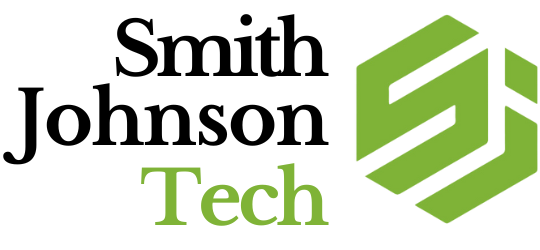by, Claire Toone

Congratulations! You’ve made it to the interview! It’s your turn in the hot seat. The questions begin, and you hope to put your best foot forward. You’ve researched the company and have considered nearly every question they could possibly ask. You feel prepared. As the end of the interview nears, you realize they’re probably about to ask if you have any questions for them.
Instead of responding with, “Nope. I think I’m good” make sure you’re prepared to ask a few key questions of your own. The following list may help you to identify topics most critical to you:
Position-specific questions:
🟢 Why is my position available?
🟢 What were the major strengths and weaknesses of the person who last held this job?
🟢 What skills do you not already have on board that you are looking to fill with a new hire?
🟢 What are the most immediate challenges of the position that need to be addressed in the first three months? Within the first year?
🟢 What opportunities will I have for decision making in my first assignment?
Workload questions:
🟡 How are projects determined and timelines decided?
🟡 What things have been done in the past to increase efficiency and what were the results?
🟡 How would you describe the work-life balance of the team I would be a part of, as well as the company at large?
🟡 How often do employees feel it necessary to put in overtime in order to make deadlines?
Department-oriented questions:
🔵 What have been the department’s successes in the last couple of years?
🔵 What challenges have the team faced in the past or what challenges are they currently facing?
🔵 How would you describe my team and the way they work with one another?
🔵 Please speak to the turnover of the team as well as the company.
🔵 What is the career path in this department?
🔵 Where have successful employees previously in this position progressed—either within or outside of the company?
Management-style questions:
🔴 What is your leadership style?
🔴 How approachable do you consider yourself as a leader?
🔴 There are many different types of personalities in the workplace. With which types of personalities do you work best? What are some personality types that challenge you?
🔴 How do you make decisions?
🔴 How have you taken into account feedback from direct and indirect reports regarding decisions—especially those strategic in nature.
🔴 How will I be evaluated, how often, and by whom?
🔴 What things do you do to foster a healthy and positive work environment?
Organization-level questions:
🟠 What’s the best part about working here?
🟠 How does this department fit within the organizational structure of the company?
🟠 How does upper management regard this department and my position specifically?
🟠 When was the last round of layoffs?
🟠 What technology do you use and what is the company’s outlook on technological advancement?
🟠 What are the company’s objectives for the next few years and how would my department fit into that equation?
🟠 What are some of your firm’s most important assets?
🟠 What is the policy on providing training—so that employees may keep and acquire new skills?
🟠 How much guidance or assistance is made available to individuals in developing career goals?
In summary, because the intent of an interview is to uncover whether or not mutual compatibility exists, it is incumbent on you to make sure your potential employer takes a turn in the hot seat. Of course, you aren’t the host, so you can’t ask as many questions as they do. Still, after just two or three questions, you’ll have a more accurate picture of who they are and what they can offer you. The careful selection of the questions you ask will also illustrate the thought you’ve given to your meeting and the seriousness of your intentions.
